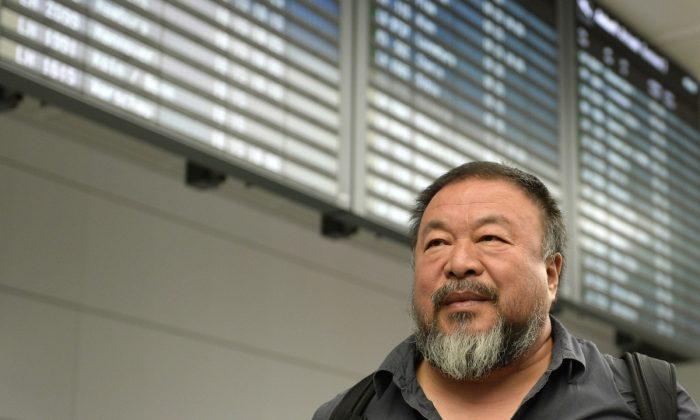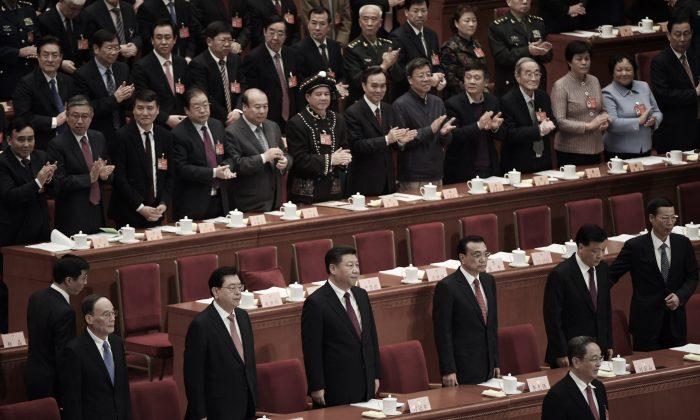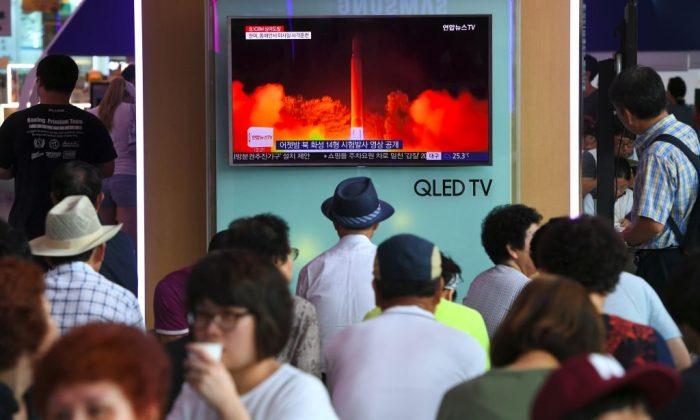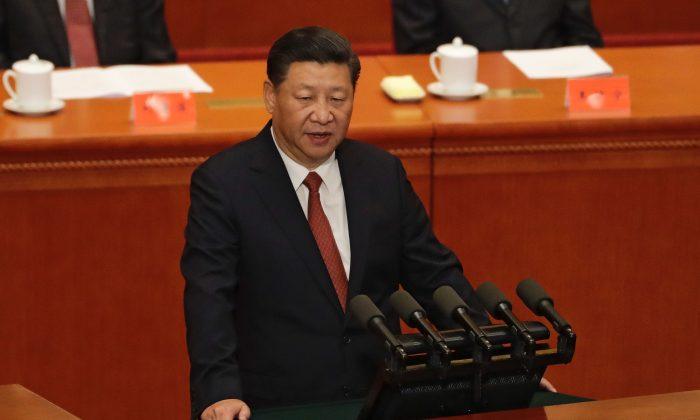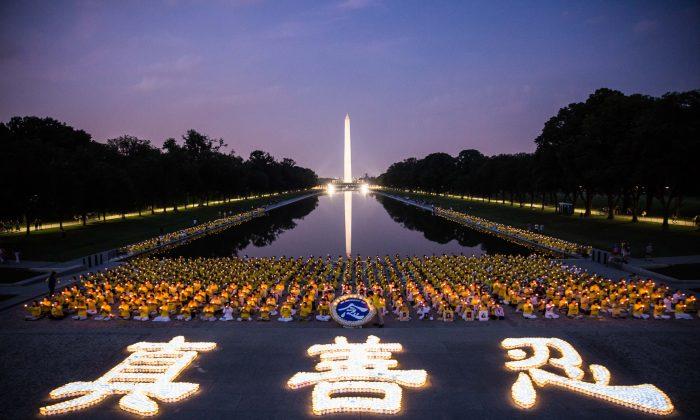In October, Communist Party chief Xi Jinping will visit the United Kingdom as the first Chinese leader to make an official trip in 10 years. And Chinese artist and regime critic Ai Weiwei, who plans to fly to London following the end of a four-year travel ban, will have conveniently just ended his visit.
British visa authorities on Thursday, July 30, issued Ai a visa that limits his stay in September to only 20 days, instead of the six-month business visa he applied for.
The reasoning has raised eyebrows. U.K. authorities said that Ai didn’t declare his “criminal conviction,” which they said was a “matter of public record.” But when pressed about precisely which criminal conviction they were referring to, they did not say.
Ai was detained by Chinese authorities for 81 days in 2011, a move widely understood to be arbitrary punishment for his activism. Later, his design studio was handed a $2.4 million bill for back taxes; Ai disputed the matter and sued the tax bureau, a case which he lost. But Ai was never personally charged with a crime. The tax evasion case against his company—which was an administrative fine—is widely regarded as the Chinese regime’s retaliation for his criticism of the Communist Party.
A separate statement posted to Ai’s Instagram account said that the artist tried to clarify with the British immigration and embassy officials “over several telephone conversations,” but the British official representatives “insisted on the accuracy of their sources and refused to admit any misjudgement.”
“This decision is a denial of Ai Weiwei’s rights as an ordinary citizen, and a stand to take the position of those who caused sufferings for human rights defenders,” added the statement.
A representative for the British Home Office shed no light on the matter in a telephone interview, directing a reporter to its written statement. But the statement does not address the bone of contention: whether Ai actually had a criminal conviction in China.
“Reports that Mr. Ai has been refused a visa are incorrect. He has been granted a visa to enable him to travel to the U.K. for the full duration of the stay he requested,” it states. In fact, the British Home Office letter itself states: “You have requested a six month visit visa, but on this occasion your visa has been restricted to the requested dates of travel ...”
It was not immediately clear what “the requested dates of travel” referred to—but it is clear that Ai was provided with less than what he had requested, on the basis of the erroneous claim that he had a criminal conviction.
The note continued: “All applications are considered on their individual merits and in line with the relevant legislation.”
On July 22, Chinese authorities lifted a four-year travel ban on Ai and returned his passport without offering an explanation. The popular, 57-year old Chinese dissident, then made plans to visit his 6-year-old son in Germany, and visit London to supervise his art installation, which runs from Sept. 19 to Dec. 13.
Now it seems that Ai is on another travel restriction—this time imposed by the United Kingdom.
